Blog
October 14, 2020 | UPDATE: How Has Racism Contributed to Environmental Justice Inequities?Environmental justice requires reversing and repairing the impacts of decades of environmental racism. Residents of environmental justice communities are the most likely to bear the burdens polluting industries and infrastructure, while having to fight for their share of resources we all need — healthy homes, schools, transit, food, and open space. | 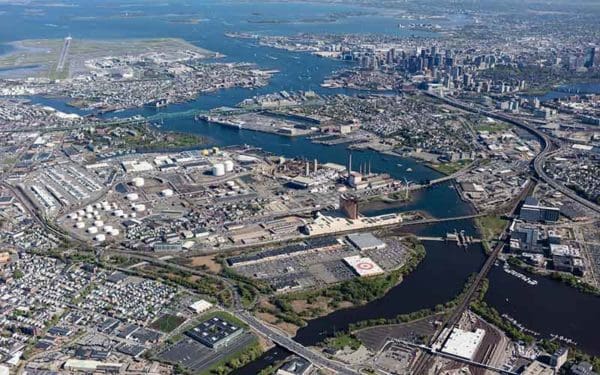 |
October 13, 2020 | UPDATE: What Are Environmental Justice Protections?For decades, low income, immigrant, and communities of color across the Commonwealth have disproportionately born the burdens of air pollution from power plants, congested freeways, and industrial activity. After generations of disenfranchisement, what would having strong environmental justice protections mean for these communities? | 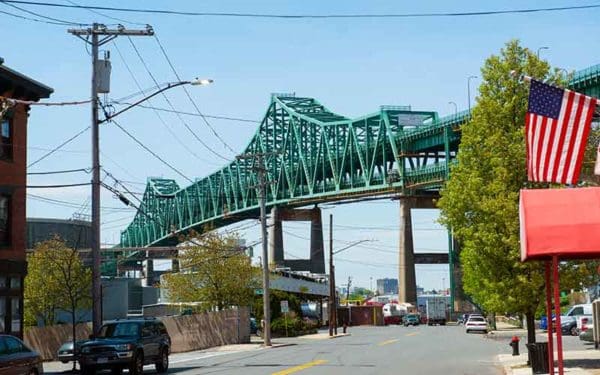 |
October 7, 2020 | Voting Is a Right – We Must All Fight to Protect ItThe leaders that we select in this year’s elections – up and down the ticket – will fundamentally shape our lives, not just for the next four years, but for decades to come. As a nonpartisan organization that wields the law to protect New England communities and that challenges broken systems and discriminatory policies, CLF cannot be a passive witness to any attempt to undermine our election process. Neither can our supporters. | 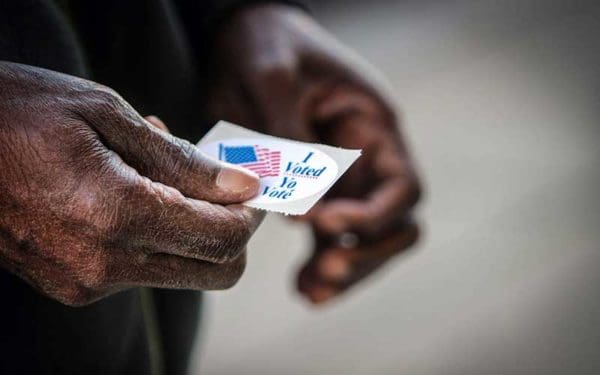 |
October 6, 2020 | What You Need to Know About the Boston Green New DealThe Green New Deal may be stalled on the federal level, but it’s always been local governments that move the needle on progress and have immediate, concrete impacts on our lives. Boston City Councilor Michelle Wu’s proposal – Planning for a Green New Deal & Just Recovery – is a great example of local action in the face of federal inertia, and offers an ambitious vision for Boston’s future. | 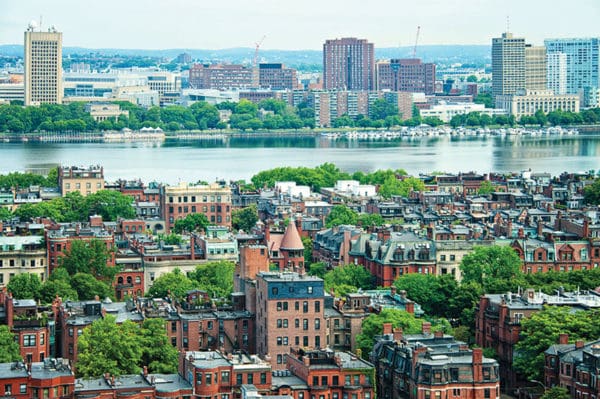 |
October 1, 2020 | Climate Change Is the Threat of Our LifetimeNew England is extremely vulnerable to climate change. It’s a crisis not only for the environment, but also for the health of our communities. It will take systemic change in the way we do business, the way we govern, and the way we guide people to solve climate change and move into the next century. | 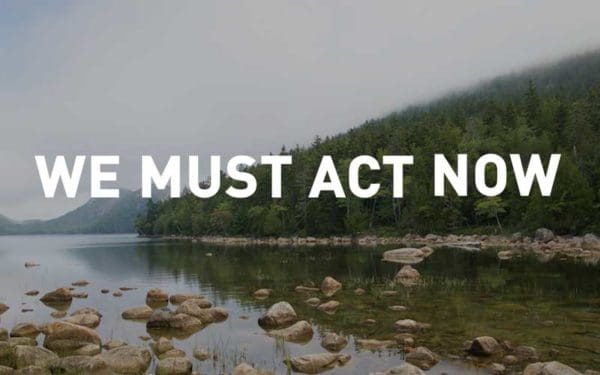 |
October 1, 2020 | States Stepping Up to Combat Toxic Forever ChemicalsMassachusetts regulated six dangerous PFAS chemicals. It’s a good start but, like its New England neighbors, more can be done to safeguard our drinking water. |  |
September 25, 2020 | Strengthening Our Neighborhoods in the Face of Climate ChangeAddressing physical infrastructure only will never be enough to ensure that our communities and our neighbors can both withstand climate impacts and bounce back quickly when catastrophe strikes. The neighborhoods highlighted in this study are currently the highest risk in terms of both the social and physical risks of climate impacts in the City of Boston. The City can and must support and develop climate resilience hubs to ensure that our communities have the resources they need now and into the future. | 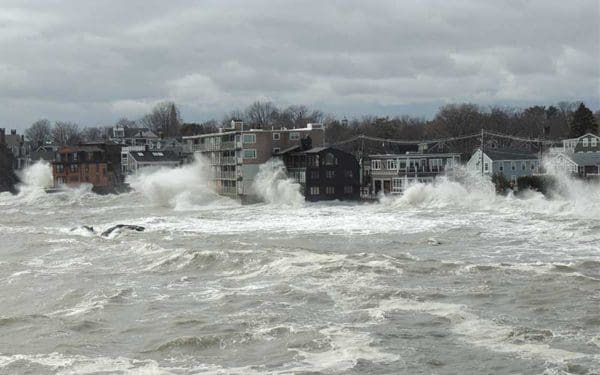 |
September 23, 2020 | Big Gas’s Latest Ploy: “Renewable Natural Gas”“Renewable natural gas” is not a large-scale climate solution. It’s a shameless attempt by the fossil fuel industry to convince New Englanders to pay for more polluting pipelines. | 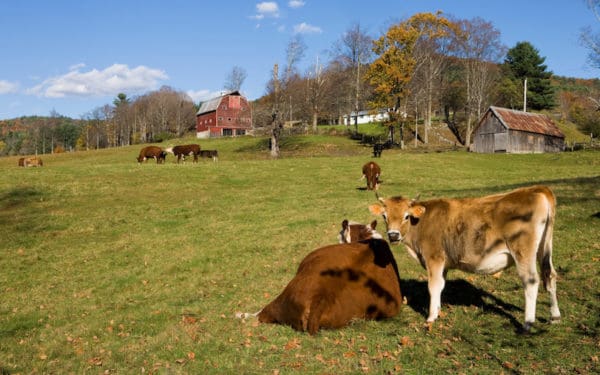 |
September 22, 2020 | With Your Help, Vermont Makes Critical Climate ProgressAfter months of work by Vermonters across the state – and despite a veto from Governor Scott – the Global Warming Solutions Act is now the law of the land in the Green Mountain State. This critical bill will slash carbon pollution while building resilient communities and looking after our most vulnerable neighbors. | 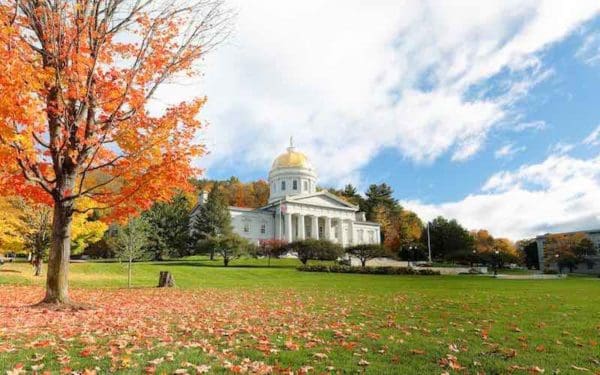 |
September 22, 2020 | What Is a Renewable Energy Certificate?A Renewable Energy Certificate is a way to measure and track the production of clean energy. It’s how states and utilities track how much clean energy is being produced by renewable energy sources and which electrical utilities are buying that power. | 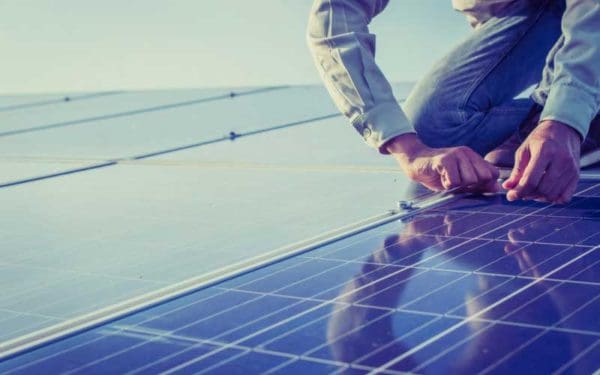 |
